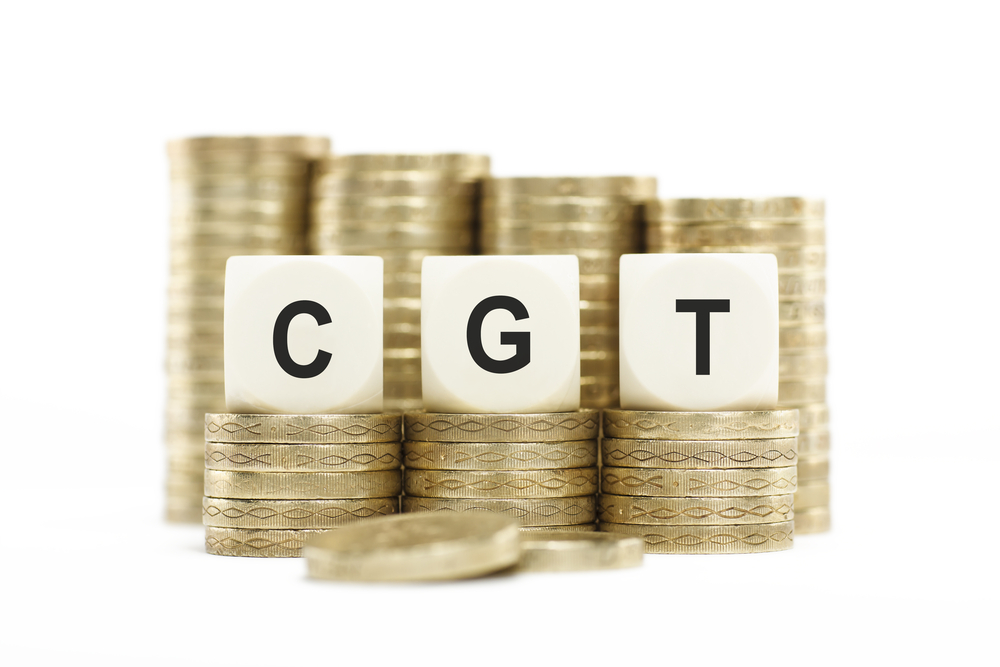OTS proposals suggested bringing Capital Gains Tax in line with Income Tax, currently charged at a basic rate of 20 percent, and rising to 40 percent for higher rate taxpayers
Capital Gains Tax (CGT) changes had been speculated even before the Budget took place this October. However, many Britons will have breathed a sigh of relief as it was announced the tax would not be reformed. The Treasury issued a letter to the Office of Tax Simplification (OTS) this week, saying it would not be reforming CGT along the lines of its recommendations.
According to experts, though, Britons are not out of the woods when it comes to future changes on the tax.
These could be substantial if the OTS’ suggestions are revised once again.
OTS proposals suggested bringing Capital Gains Tax in line with Income Tax, currently charged at a basic rate of 20 percent, and rising to 40 percent for higher rate taxpayers.
It was also suggested the annual allowance for Capital Gains Tax could be cut, which could have dragged many more people into the tax net.
Emma-Lou Montgomery, Associate Director, Personal Investing at Fidelity International said: The rejection of the proposals for now though, which had initially been made at the request of the Chancellor, do suggest that those with savings and investments that fall outside the annual CGT allowance or who want to pass on assets or property to their loved ones in their Will, need to take steps now to prepare for potential future changes and protect themselves and their loved ones from large tax bills.
For those who are hopeful of avoiding CGT in a legal way, there are steps to take.
Ms Montgomery primarily recommended investing with a tax-efficient wrapper such as an Individual Savings Account (ISA) or Self-Invested Personal Pension (SIPP).
Assets can also be transferred to a spouse or civil partner, as these are exempt from CGT within the allowance.
This essentially doubles the CGT exemption for those who are married or civilly partnered to £24,600.
Sarah Coles, senior personal finance analyst at Hargreaves Lansdown, described the plans being shelved as a ‘huge relief’.
She added: While the tax is in dire need of simplification, doing it by ramping up the rates would have caused more problems than it solved.
She added: There would have been huge unintended consequences of the proposed CGT changes, because people would have been artificially trapped holding assets they didn’t want because the tax benefits of hanging onto them until they died would have been too good to lose.







Leave a Reply